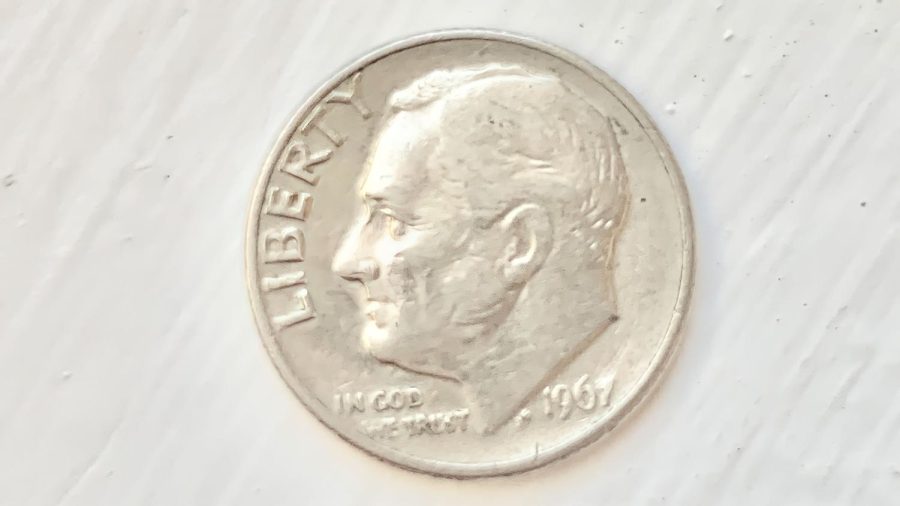Banking on innovation: How does the collapse of Silicon Valley Bank impact our local community?
With over 40,000 clients, Silicon Valley Bank was a top choice for many smaller businesses and technology startups in the Bay Area and across the nation.
March 10th marked the second biggest bank failure in US history: the collapse of Silicon Valley Bank (SVB). Being the 16th largest bank nationwide, SVB was a major provider to venture-backed startups and technology companies around the country, tripling in size in just the past 3 years alone.
What happened?
During this rapid growth, SVB spent over $100 million on treasury bonds. Although these investments were considered low-risk, increasing interest rates led to the devaluation of the bonds themselves.
In response, SVB was forced to sell these bonds for a loss of $1.8 billion (partly due to limited new deposits and increasing withdrawals from clients).
“[The collapse] does represent this tendency in our economy that everything is all good when things are all good, which is that classic boom and bust cycle. Because the economy was doing well and the Fed had interest rates very low for the last couple years, there has been an implicit softer touch with regulation than would normally be the case to continue to stimulate economic growth,” said AP Civics teacher Mark Kushner.
The disclosure of SVB’s substantial financial losses triggered a steep decline in its stock price, which, in turn, prompted a surge in withdrawals from investors anxious about their personal finances. This confluence of factors fueled widespread panic, which ultimately overwhelmed SVB, rendering it unable to mount a timely response and precipitating its collapse.
How did the government respond?
The Federal Deposit Insurance Corporation (FDIC) provides a reassuring safeguard to consumers, guaranteeing them access to up to $250,000 in each of their accounts. Despite the existence of a sizable $151 billion in uninsured deposits, the FDIC has pledged to ensure the complete recovery of all funds, instilling much-needed confidence among depositors.
“My personal take is if the government is getting in the business of bailing out these businesses, they should also have a say of how these companies are run and a sharing of profits in the future,” said Kushner.
President Biden also remarked that the Trump administration rolled back some of the safeguards in place, including the Dodd-Frank Act, which imposed stricter regulations on smaller banks. He emphasized the need to reintroduce such measures as a crucial step towards ensuring financial stability and averting potential economic crises.
“We need people making responsible decisions in both the private and public sector and that the consistent pursuit of profit above all other things may not be sustainable especially if it is at the cost of the long-term health as an organization. Even when times are good, we shouldn’t release the expectation of regulation,” said Kushner.
What does the future entail?
In the wake of SVB’s collapse, Signature Bank found itself in a similarly dire situation, albeit due to distinct factors. This month therefore witnessed the downfall of two of the largest banks in the US, along with the collapse of Silvergate Bank, all of which had high exposure to the riskier technology sector.
“People should be able to trust their banks because those are where you are storing your life earnings and all your money. There are a lot of systems in place, like the FDIC, that will be able to insure your money in case the bank ever fails,” said president of AV Investments Club, Rathul Anand (‘23).
In addition, First Citizens Bank has expressed its eagerness to acquire the collapsed bank, securing a substantial portion of its business. With the aid of the FDIC, the bank intends to carry out this acquisition with the aim of minimizing the disruption for the affected customers.
“Hopefully, the acquisition will mean that there will be better leadership and people could gain the trust and confidence of leaving their money in them without much uncertainty especially during this economy,” said Shlok Sharma (‘25).
Your donation will support the student journalists in the AVJournalism program. Your contribution will allow us to purchase equipment and cover our annual website hosting costs.

